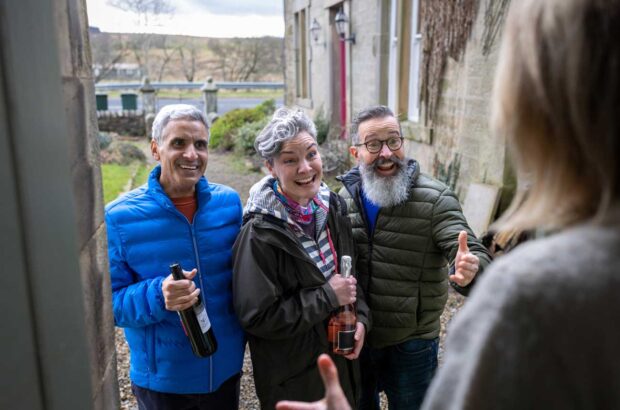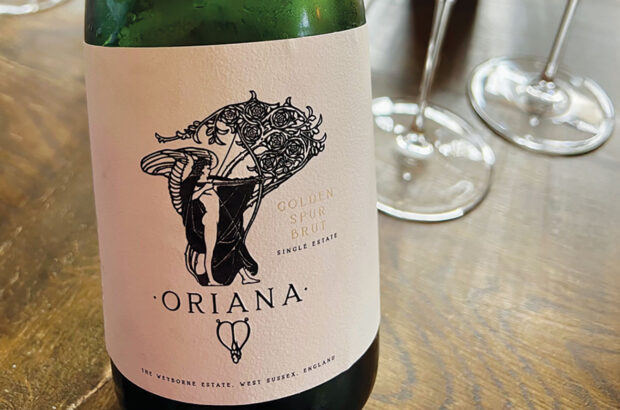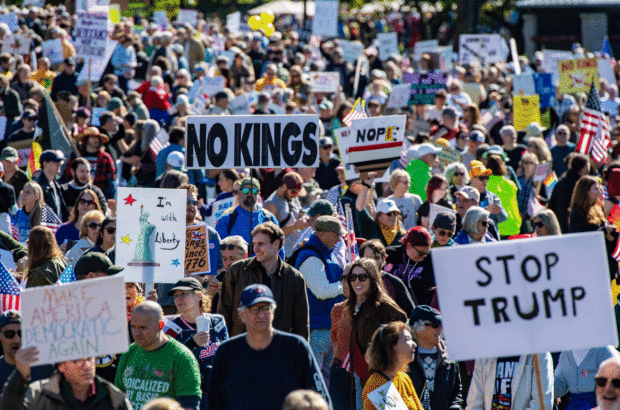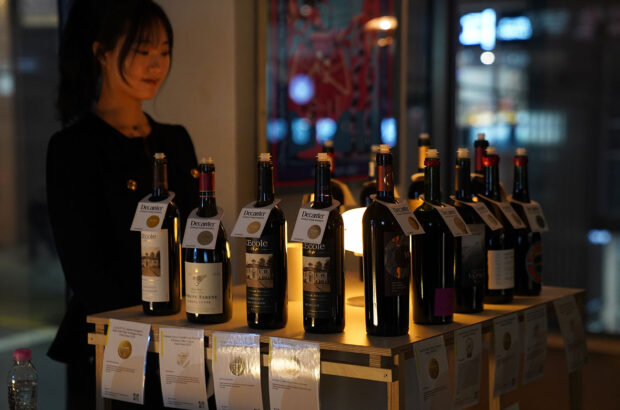Fortnum & Mason has said graphic undercover footage filmed at foie gras farms in France does not come from its suppliers – and it has threatened legal action against animal rights group PETA.
Fortnum & Mason foie gras: ‘utmost concern for welfare’
Animal rights group PETA (People for the Ethical Treatment of Animals) has released what it calls ‘shocking undercover video footage’ of farms it says are represented by the Sarlat Périgord cooperative, which supplies Fortnum & Mason foie gras distributor Georges Bruck.
The ‘distressing’ video, PETA says, shows geese unable to breathe properly or support their own bodyweight, blood dripping from injured birds, as well as ‘graphic’ scenes of inadequately-stunned birds struggling to lift their heads after their throats have been cut.
The video is narrated by Sir Roger Moore, a veteran campaigner for PETA.
A Fortnum’s spokeswoman told Decanter.com, ‘We are extremely concerned by the serious claims made this week by both PETA and Sir Roger Moore against Fortnum & Mason and its suppliers of foie gras. This follows undercover reporting at farms, who are not suppliers to Fortnum & Mason, in France by campaigners masquerading as Fortnum & Mason staff.
‘We are acutely aware of our reputation as one of the world’s leading purveyors of quality foods and have investigated the allegations. Regarding the footage in question, this was not taken at farms that supply Fortnum & Mason. We do not recognise the pens on the farm, the farmers or the practices they use. We are seeking legal advice regarding the impersonation of Fortnum & Mason staff.’
Fortnum’s is not releasing the names of its suppliers for fear of reprisals, it says.
The renowned London grocer, which dates back to the 1700s and which carries two royal warrants, insists it visits farms regularly to ensure their compliance with French law and that standards of welfare are being met.
On its website it says it acknowledges ‘the issues and concerns people have about the production of foie gras’ and that ‘we now only sell goose foie gras from artisan producers who have the utmost concern for the welfare of their birds.’
A spokesman for PETA told Decanter.com, ‘Intimidation will not erase the fact that PETA investigators filmed at several farms represented by the Sarlat Périgord cooperative, which representatives confirmed supply Fortnum & Mason’s foie gras distributor, Georges Bruck. The investigators did not “impersonate” Fortnum & Mason staff, but they did film the torture and death of intelligent and gentle birds that Fortnum & Mason must take responsibility for. Some of the video footage was even shot at a farm featured in a promotional video in which Fortnum & Mason’s previous managing director, Beverley Aspinall, highlights the store’s “stringent welfare standards”.’
PETA has waged a long-standing campaign against Fortnum & Mason to get it to stop selling foie gras, whose production necessarily involves force-feeding and is highly contentious.
In a statement responding to the threat of legal action, PETA calls the move ‘foolhardy and unethical’.
‘Fortnum & Mason should be ashamed to be stocking a product so barbaric that it’s illegal to produce in Britain’.
In July this year California finally implemented a ban on force-feeding of any bird, outlawing foie gras. Chicago chef Charlie Trotter banned it from his kitchens in 2005, while renowned figures like Raymond Blanc of Oxfordshire’s Le Manoir Aux Quat’ Saisons, and Jean-Christophe Novelli vowed never to bow to pressure.
In August this year, caterers Compass Group, which supplies high-end restaurants includind Rhodes 24 and Roux at Parliament Square, removed foie gras from its approved products list.
Worldwide, Israel is committed to a ban and several European countries – including Germany, Luxembourg and Italy – have outlawed force feeding.
Decanter’s consultant food editor, Fiona Beckett, originally a fan, said she would never eat foie gras again after visiting an artisanal farm in the seat of foie gras, Gers in Southern France.
She told Decanter.com today, ‘I would certainly hope that Fortnums would remove foie gras from their shelves. It is increasingly hard to justify such an unnatural practice as force feeding which inevitably restricts the birds’ mobility, even when they are reared in the open.’
The video footage taken by PETA is available to watch here. Warning, some scenes may be extremely distressing and upsetting to viewers.
Written by Adam Lechmere







